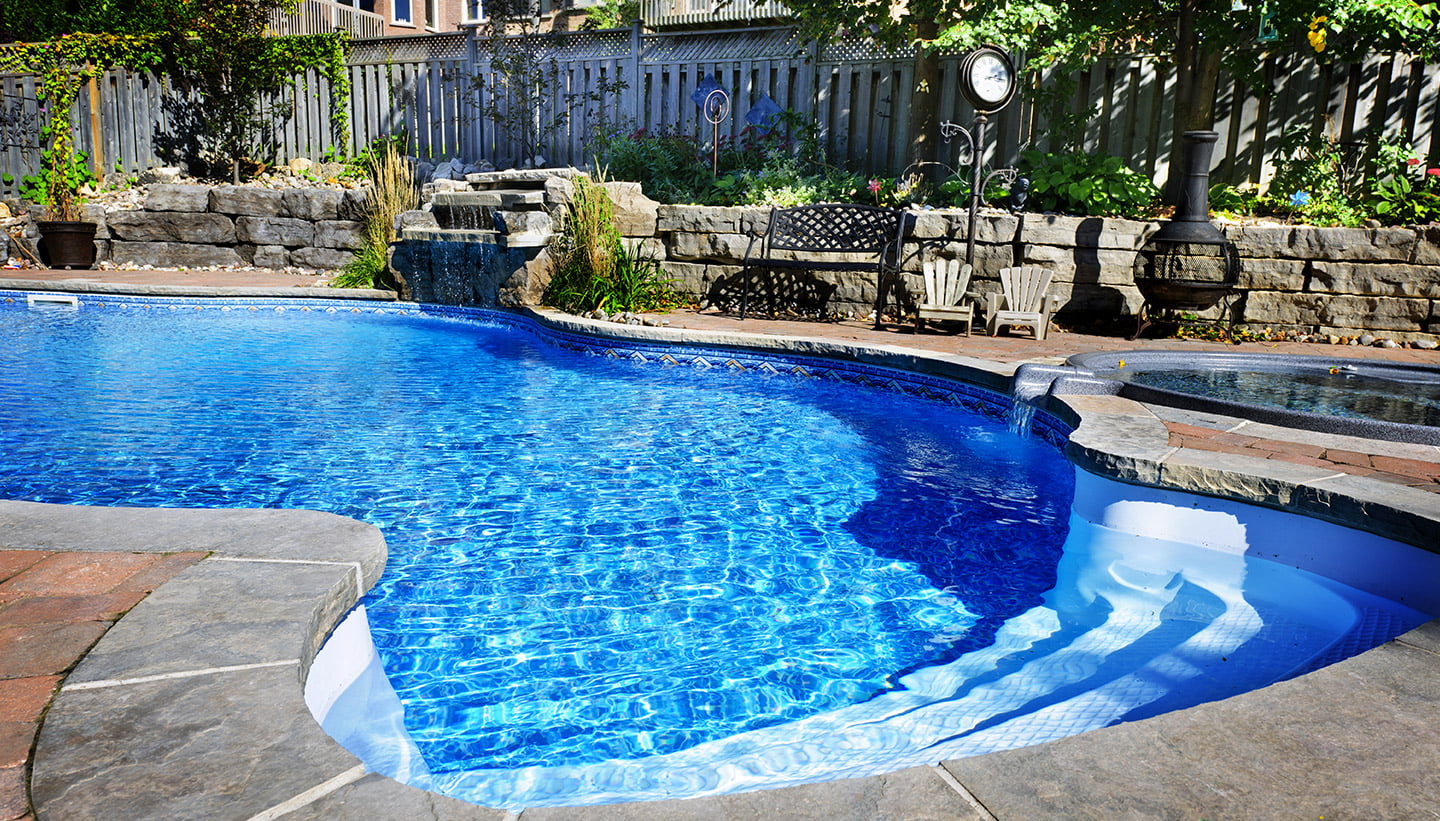Building a pool is a big investment, and one of the most important decisions you’ll make is choosing between a saltwater or chlorine system. Each option has its own benefits and drawbacks, so it’s essential to understand how they work before committing to one. Whether you’re working with professional pool builders at socalcustompoolsandspas.com/ or considering an upgrade, knowing the differences can help you make the best choice for your backyard oasis.
Understanding How Each System Works
Before diving into the pros and cons, let’s break down how each type of pool functions.
Chlorine Pools: The Traditional Choice
Chlorine pools have been the standard for decades. They rely on adding chlorine manually through liquid, tablets, or granules. This chemical kills bacteria and keeps the water clear, but it requires frequent monitoring and adjustments.
Saltwater Pools: A Modern Alternative
Saltwater pools use a salt chlorine generator to convert salt into a mild form of chlorine. While they still contain chlorine, the levels are lower and more stable, making the water feel softer. This system reduces the need for manually adding chemicals, creating a more low-maintenance option.
The Pros and Cons of Saltwater and Chlorine Pools
Each system has its advantages and disadvantages, depending on your budget, maintenance preferences, and long-term plans.
1. Maintenance: Which Pool Requires Less Work?
Keeping a pool clean and safe requires regular maintenance, but some systems demand more effort than others.
- Chlorine Pools: These require frequent testing and balancing to keep chlorine levels stable. Pool owners must manually add chlorine and shock the pool occasionally to kill bacteria and algae.
- Saltwater Pools: The salt chlorine generator continuously produces chlorine, reducing the need for frequent adjustments. However, the system itself needs periodic cleaning, and salt levels must be monitored.
Winner: Saltwater pools are generally lower maintenance since they regulate chlorine automatically.
2. Cost: Upfront vs. Long-Term Expenses
When deciding between a saltwater and chlorine pool, cost plays a significant role.
- Chlorine Pools: They have a lower initial installation cost, but the ongoing expense of chemicals adds up over time.
- Saltwater Pools: The initial investment is higher due to the salt chlorine generator, but lower chemical costs can save money in the long run.
Fun Fact: A saltwater pool typically contains less salt than human tears, making it gentle on the skin and eyes.
3. Water Feel and Comfort: Which One Feels Better?
The feel of the water is a big deal for many swimmers, especially for those with sensitive skin.
- Chlorine Pools: Some people experience dry skin, itchy eyes, or a strong chlorine smell.
- Saltwater Pools: The lower chlorine levels make the water feel softer and more gentle on the skin and eyes.
Winner: Saltwater pools provide a more comfortable swimming experience.
4. Pool Equipment and Longevity
The type of pool system you choose can impact your pool’s lifespan and the condition of surrounding equipment.
- Chlorine Pools: Traditional chlorine does not cause excessive wear and tear on pool materials.
- Saltwater Pools: The salt can be corrosive to metal fixtures, ladders, and some types of pool liners if not properly maintained.
Winner: Chlorine pools have fewer risks of equipment damage, but proper pool construction can help prevent corrosion in saltwater pools.
5. Health and Safety Considerations
Both systems effectively sanitize water, but their impact on health differs.
- Chlorine Pools: Strong chlorine levels can cause skin irritation and worsen conditions like asthma or allergies.
- Saltwater Pools: While they still contain chlorine, the lower levels make them less harsh on the body.
Did You Know? Olympic swimming pools are typically chlorine-based because they need rapid sanitation due to high usage.
Which Pool Should You Choose?
The best choice depends on your priorities:
- Choose a chlorine pool if you prefer a lower upfront cost and don’t mind routine maintenance.
- Choose a saltwater pool if you want a gentler swimming experience and are willing to invest more initially for lower long-term costs.
Consult Pool Builders for Expert Advice
If you’re unsure which system suits your needs, a consultation with pool builders can guide you through the decision. They’ll help you weigh factors like climate, budget, and maintenance preferences to create the perfect backyard pool.
No matter which option you choose, a well-built pool will bring years of fun and relaxation for you and your family.

